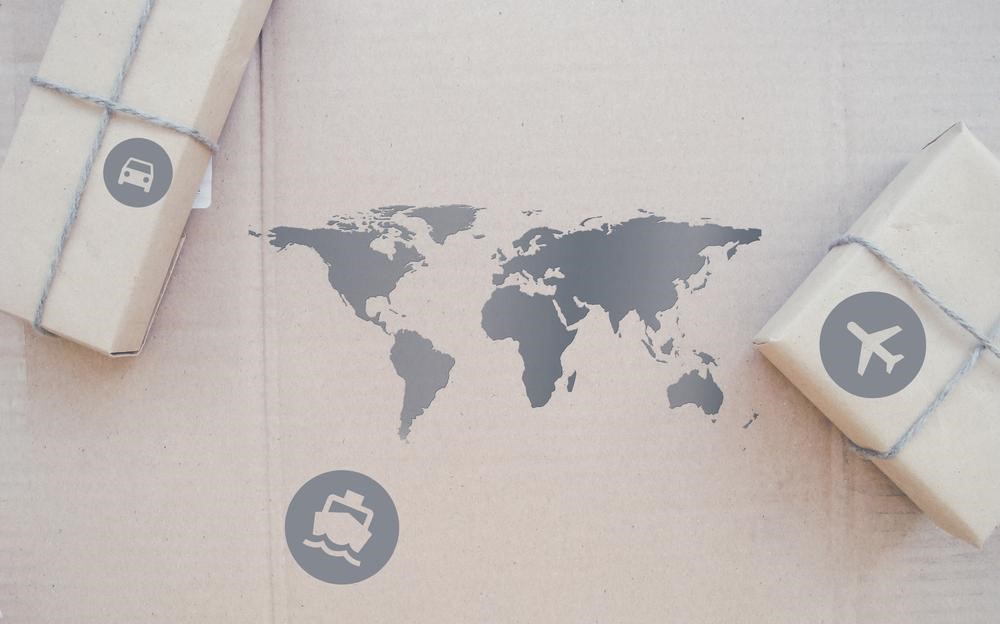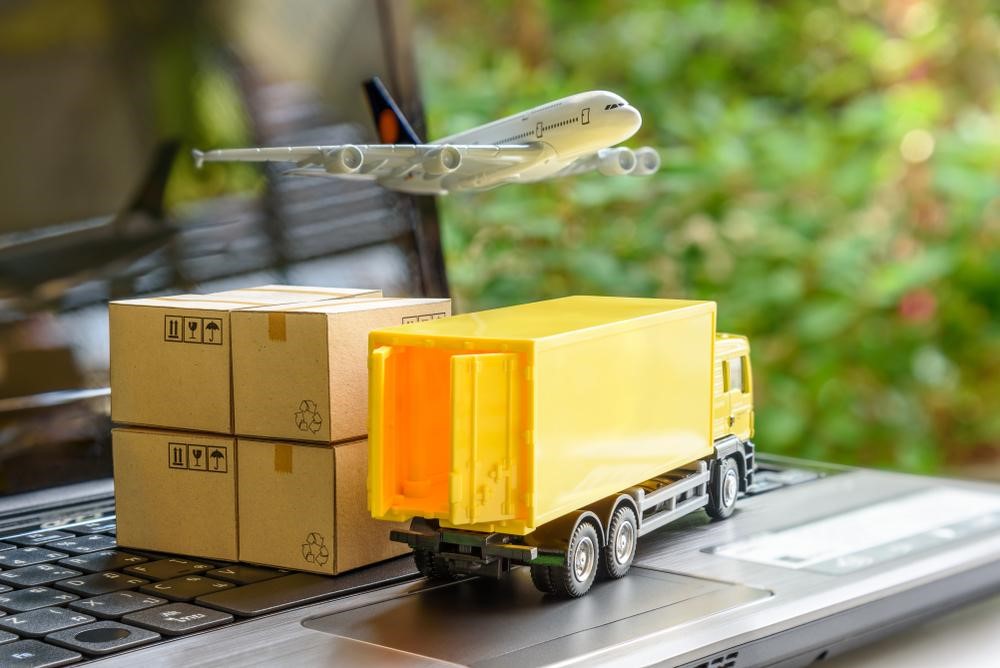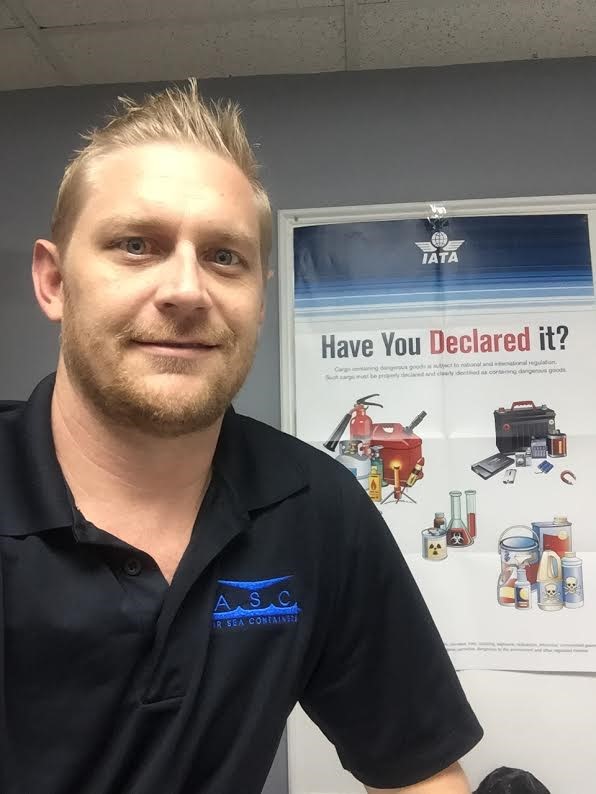
Running your own e-commerce business can be very rewarding, but also overwhelming, as many business owners handle every aspect of the process – from product design to order fulfilment. As your business grows, you’ll find it increasingly difficult to handle the entire operation on your own, which is why many people opto for a different method of order fulfilment to lighten their burden. If you’re planning to start a business in the near future, but you haven’t yet, you may also want to consider alternative shipping methods, such as dropshipping, to eliminate the need for inventory and warehouse space. Consider choosing a company that offers eco-friendly packaging to reduce your business’s environmental impact.
What Is Dropshipping?
Dropshipping is an efficient type of order fulfilment, that eliminates the need to pre-purchase inventory and store it. Many new small business owners don’t have the space to keep a large amount of inventory, or the budget to rent a warehouse, making dropshipping an attractive option. When you use the dropshipping method, you (the business owner) are essentially purchasing a product from your supplier every time a customer orders that item from your site. This prevents you from losing money on dead stock, or inventory that doesn’t sell, and makes the shipping process easier, as the wholesaler will ship the product directly to your customer. Business owners no longer need to worry about storing inventory, packaging boxes, and shipping orders, freeing up much of their time to work on other business-related projects.
Types of Order Fulfillment
There are three main ways that e-commerce companies can fulfil their orders: in-house, third-party, or dropshipping. The in-house method is, of course, handled entirely in house, meaning a business is responsible for purchasing and storing inventory, in addition to sending the orders out. There is a high amount of risk and responsibility with this method. When it comes to third-party fulfilment or 3PLs, it is similar to dropshipping in that the inventory storage and packaging process are dealt with by another off-site company. The main difference between the two approaches is that the business owner still has to purchase the inventory in advance when using a third-party fulfilment service. With dropshipping, the business owner does not have to pay for their products until a customer has placed an order.
Benefits of Dropshipping

Keeps Expenses Low
Perhaps the greatest advantage of using dropshipping as your fulfilment method is the low overhead. Typically, dishing out money on renting a warehouse can put a big dent in your business budget. If you’re handling your inventory in-house, or even with a third-party logistics company, you’re also spending a lot of money to purchase inventory that is not guaranteed to sell. Dropshipping saves you the burden of potentially amassing dead stock, which wastes both money and inventory space. Cutting down on your expenses also means ramping up your net profits.
Allows for More Product Variety
Typically, when you have to purchase your inventory before receiving customer orders, you select fewer items that you are confident will sell, to reduce the chance of losing money on unsold stock. When you’re using a dropshipping company, you can offer your customers a greater range of product options because you don’t have to invest in the product upfront. This means that if you’re offering a product on your site that isn’t selling, you’re not losing money because you haven’t paid for the inventory. Many companies find this benefit attractive as it allows them to offer their customers more options.
Takes the Burden of Fulfillment Off the Merchant
Owning a business is an extremely stressful undertaking, especially if you don’t have any other employees. Some owners try to take on too many duties at once and burn out quickly. The best approach is to try and delegate tasks to others when possible. If you have an employee or a business partner, decide how to break up the duties and then outsource when appropriate. Dropshipping is one of the ways you can remove some of the pressure of running your business. Worrying about product storage, and finding the time to prepare packages for shipping, is a problem of the past.
Supplier Mistakes
Putting your fulfilment needs in the hands of another company can be a relief, but it can also open the door for mistakes. When you’re completely in charge of your fulfilment process, you can take responsibility for your errors. With dropshipping, much of the process is left up to the third-party company. If they happen to make a mistake, it’s going to reflect on your company and could be bad for business. Of course, mistakes can happen to anyone. If you do your research properly and choose a company with a good reputation, this shouldn’t be much of an issue.

Shipping Costs
While dropshipping can reduce overhead costs because you’re not paying for inventory or warehouse space, the cost of shipping may increase. If you’re the one handling this process directly, it’s going to be less expensive. Using a dropshipping company means you’re paying a bit more to use their service, which means you may need to charge your customers more on shipping. This could negatively impact your business as 53 percent of customers will abandon their cart if shipping and other fees are too expensive
Make Your Fulfillment Process More Efficient
Give yourself more time to focus on running your business, and less time preparing orders, when you choose dropshipping as your method of fulfilment. You won’t have to invest in inventory upfront, saving you money in the long run. You’ll also be able to offer your customers a greater variety of products, which may just help you stand out from the competition. Although there are fewer opportunities to customise your packaging, selecting an eco-friendly packaging option can be a great way to differentiate your business from others.

Cory Levins serves as the Director of Business Development for Air Sea Containers. Cory oversees the development and implementation of ASC’s internal and external marketing program, driving revenue and profits from the Miami FL headquarters
